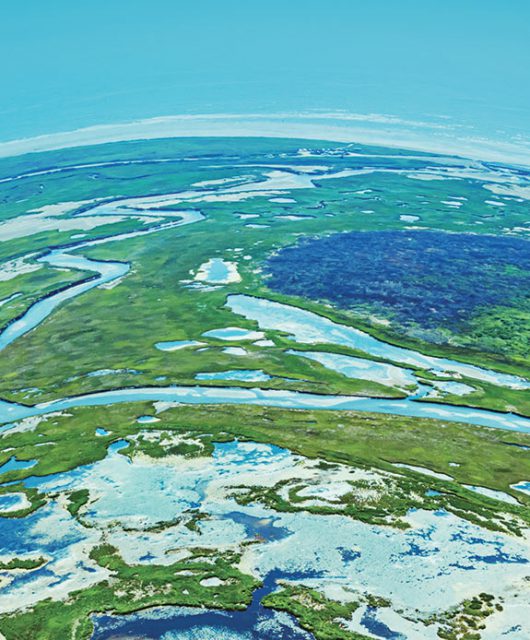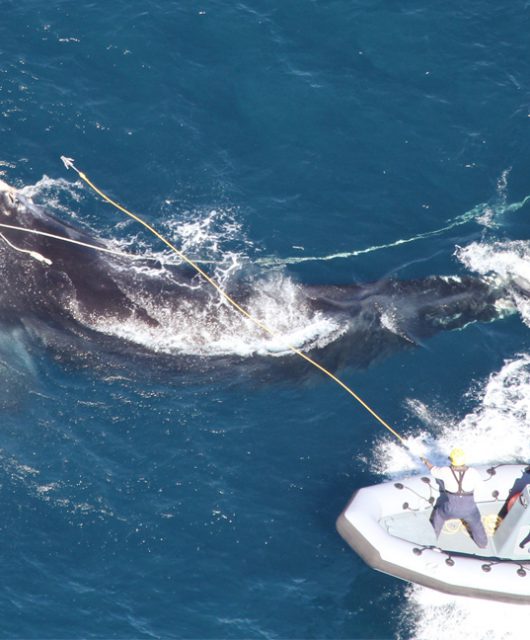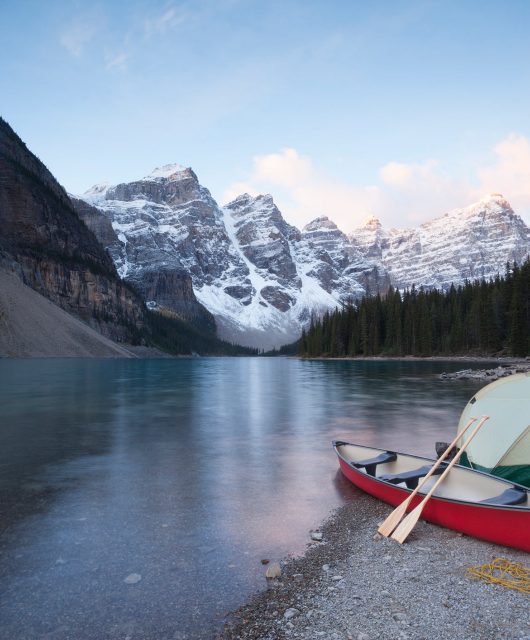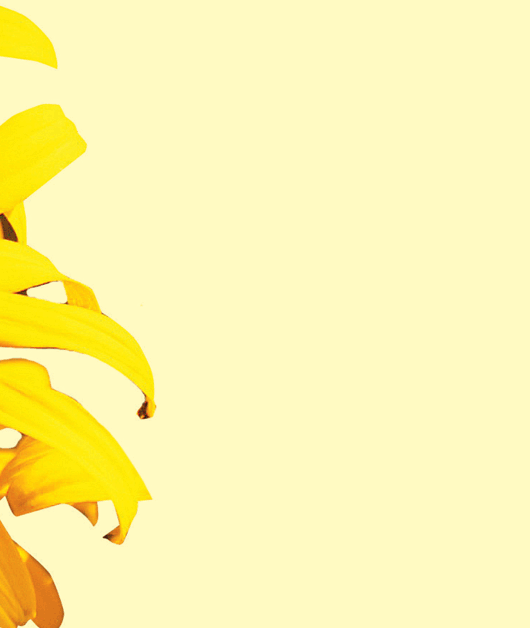Wildfires are a natural part of ecosystems and can even be beneficial.
They recycle nutrients into the soil; they open the forest canopy and allow for new growth; and some species, like Jack Pine and Lodgepole Pine, need fire to open their cones and release their seeds. Wildfires can even be a source of woody debris in aquatic systems that provide both cover and a food source for insects and fish. However, we also know that wildfires can negatively impact air quality and terrestrial habitats. Learn more about the Good, the Bad and the Ugly of Wildfires in Canada.
How Do Wildfires Affect Lakes?
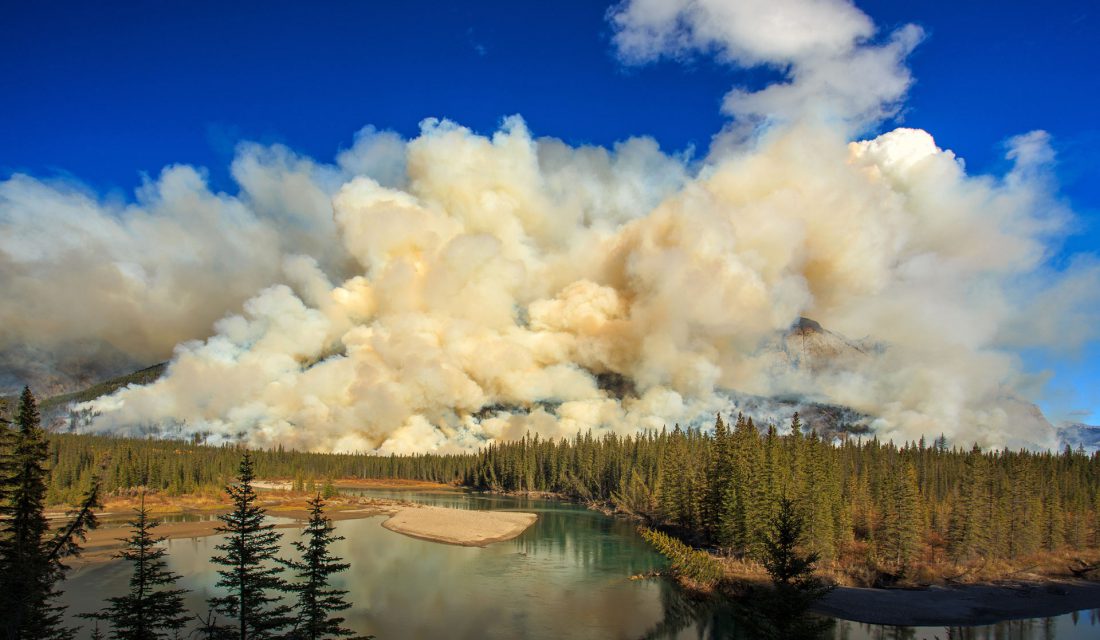 It turns out lakes don’t always go unscathed. The impacts of wildfires can affect both the quality and quantity of freshwater environments, not just during the wildfire but possibly for many years afterwards.
It turns out lakes don’t always go unscathed. The impacts of wildfires can affect both the quality and quantity of freshwater environments, not just during the wildfire but possibly for many years afterwards.
For starters, wildfires can burn the vegetation around lakes, vegetation that was helping to hold soil in place as well as reduce the amount of runoff entering the lake. With the vegetation gone, rain can cause large amounts of nutrients, sediment, ash and other contaminants to be flushed into the lake, increasing the potential for erosion, flooding and even possible algal blooms. Soil can become hydrophobic after a wildfire which means they repel water resulting in even more erosion and runoff, increasing the potential for more flooding and allowing even more contaminants to enter the lake.
It’s no surprise that this can harm water quality and degrade habitats. To what degree different species are affected depends on a number of factors including their dispersal abilities and life cycles. Short-lived and fast-colonizing species can do quite well following a fire.
On the other hand, wildfires can cause heavy silt to collect on lake beds, impact insects and result in a loss of fish species – especially if water temperatures get too high. The size of the fire, the amount of rain post-fire and whether there are cumulative fires all play a role in how lakes and the species that call them home fare.

